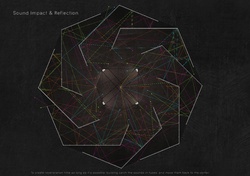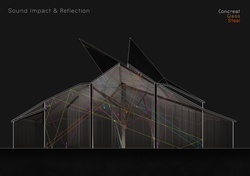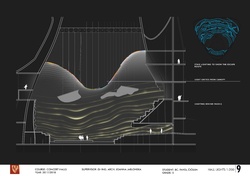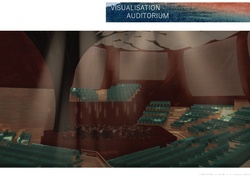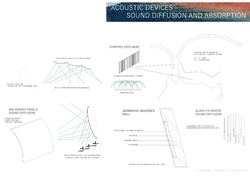In 2018 we prepare a wide range of courses taught at different faculties at WUST.
Courses
The idea of the course ‘Large Assembly Halls Design – Architectural Acoustics’ is to present theoretical knowledge and teach practical skills, in shaping architecture for its’ optimal acoustical performance. The combination of studio design workshop form, with suitable topics of lectures and seminars, allow participants to gain usable and thorough knowledge on sound properties in a room planning. Broad review connected with projects of diversified assembly spaces of public use, meant for: speech, music, art performance or religious celebrations, are aiming at enriching and expanding knowledge on architectural acoustics of students majoring in architecture.
Lecturers
|
Qualification Work Experience Area of Research Interest |
|
Work Experience Area of Interest |
|
Work Experience Area of Research Interest |
Gallery
The main aim of proposed course is to provide knowledge concerning procedures and advanced testing methods which can be applied for quality control and technical evaluation of different building and civil engineering structures. Proposed subject is intended to introduce students with basic principles and practical applications of several modern testing systems are discussed. Particular attention is focussed on the NDT methods (Non Destructive Testing) that can be applied for „in-situ” examination. One of most important aspects of proposed course is to offer for students a possibility for practical training in using modern testing systems in laboratory and „in-situ” conditions.
The presented course aims to provide participants with information on fuel properties, with particular emphasis on biofuels, and the impact of their use on environmental protection. The course will provide knowledge related to fuel economy - types of fuels, standards, the ability to manufacture and store fuels, etc.
The characteristics of liquid and gaseous fuels in relation to the composition of fumes in terms of their impact on the natural environment will be presented. Will be discussed technologies for the production of fuels, especially alternative fuels and biofuels.
Use of new separation methods for the purification of waste streams and the recovery of valuable compounds will be discussed. Issues related to the use of supercapacitors and lithium ion batteries that affect the development of motoring will be discussed.
The projects implemented by the participants of the course will be related to both the characteristics of biofuels and technologies for their acquisition, taking into account the latest trends in this field, as well as the use of membranes and supercapacitors.
Students will work in teams of several people and the results of their work will be presented during the course and evaluated by the teacher at the final meeting.
This course explains basic concepts and practical aspects related to electric shock protection in low voltage installation and evaluation of safety work of electrical devices. After the introduction of the theme of the low voltage installation and electric shock protection, there are presented and discussed methods of evaluation of the protection effectiveness. Studied methods are: examining the effectiveness of protection by automatically turning off the power in circuits with RCDs, resistance and continuity of the protective and equipotential bonding conductors testing. Measurements of standing resistance, effective touch voltages and loop impedance. The further part of the course discusses issues of diagnosis of appliances and installation by thermal imaging studies, using of M2M measurer of efficiency and computer programs. The result of the completion of the course is creating of the final report evaluating installation condition and conditions of electrical equipment work using the measurements made during laboratory classes.
The main aim of the course is to provide programming issues of Programmable Logic Controllers used in information systems working in the industry. The lecture will facilitate future engineer PLC configuration, design and development of computer software and design of distributed systems using programmable controllers. The course is also aimed at explanation of practical problems encountered in Programmable Logic Controllers (PLC) on the basis of the Siemens family SIMATIC S7-200 and S7-1200.
The following topics are covered:
- basic aspects of PLC application in industry,
- PLC operation of basic peripherals,
- graphical languages (LADDER or FBD),
- basic programming tools,
- arithmetic and logic operations,
- timers and counters,
- latches and flip-flops.
Each detailed course topic is an introduction to intensive laboratory exercise.
The main goal of the course is to teach the students the holistic approach to the design of the low energy demand buildings with special emphasis on the utilisation of renewable energy in building installations, application of heat recovery systems and maintaining thermal comfort of users. The course focuses on the subject of thermal comfort, heat production (to supply heating and domestic hot water systems) with additional aspect of passive cooling and heat recovery through ventilation for low energy buildings. The subject covers solutions based on sustainable design including among others solar thermal collectors, air-to-water heat pumps, energy recovery heat exchangers in air handling units and ground heat exchangers. Students will participate mostly in active forms like laboratory, calculus and simple project. All practical exercises will be preceded by short lectures.
The laboratory course is focused on the experimental research various types of renewable energy like: solar energy, biomass energy, hydrogen energy. A course starts from the renewable source of energy - solar energy. The knowledge of solar collectors types, computational models of solar collectors and applied construction materials will be discussed. Further the biomass and hydrogen, as a representative renewable fuels will be discussed. In this part of the course the use of solid renewable fuels will be presented for various cases, with the capacity varying from small scale boilers 20kW to power plant unit 200MW. Theoretical and experimental laboratory covers performing measurements on the combustion installation, calculation, experimental studies, analysis and comparison of obtained results. The students gain knowledge about the calculation and modeling of solar installations, biomass combustion and pollution control, hydrogen production. At the end of the course, a report will be presented by the students.
Have you ever wondered what are the sensors on a plane and how small they are? How to print a miniature clock mechanism? Or how to analyse DNA in a few minutes? This is the field of miniature devices, called micro-electro-mechanical systems (MEMS) or simply microsystems. During this course you will learn what they are, but also you will touch them and measure some of their properties. Take part in this event to see microengineering laboratory, find how microfluidic pumps are working, measure parameters of avionic sensors, discover miniature transducers for energy harvesting, analyse sample in a lab-on-a-chip, as well as design, create and measure your own mechanical microsystem using 3D inkjet printing. These and many others topics are covered during classes in the Department of Microengineering and Photovoltaics at Faculty of Microsystems Electronics and Photonics.
According to CareerCast, Data Scientist is one of the best job of recent years. It requires a unique blend of skills from three disciplines: mathematics (especially statistics), computer science (especially data analysis) and domain knowledge (in the field it will be applied), which is very attractive to many employers. Strong computer science skills and different approach to data analysis, based on scientific method, is what makes Data Scientists different from statisticians. At the same time, Python is becoming a language of choice for many data scientists, next to languages like Scala and statistical packages like R. It is also the first programming language many people learn, no matter their age. This course gives you a chance to quickly build up your Python skills, learn basics of how data scientist works and apply all this to a project on a real, large data sets. This course is highly practical.
Systems which evolve randomly are observed everywhere and are one of the most important subjects of modern modelling. Diffusion in liquids plays important part in biology, medicine and physics; chaotic changes of stock prices is a basics of financial engineering; random population models are standard in ecology and sociology. These are modelled by random functions such as arithmetical and geometrical Brownian motion, Ornstein-Uhlenbeck process and similar functions, which are solutions of various stochastic differential equations. The understanding of these phenomena is impossible without knowledge about properties of these equations. This course will describe what stochastic differential equations are, how to propose valid models based on them and how to solve them analytically or numerically. The lectures will provide necessary mathematical and applicational background. During the laboratories participants will learn how to simulate the solutions of models based on stochastic differential equations, estimate their properties and fit these models to real systems.
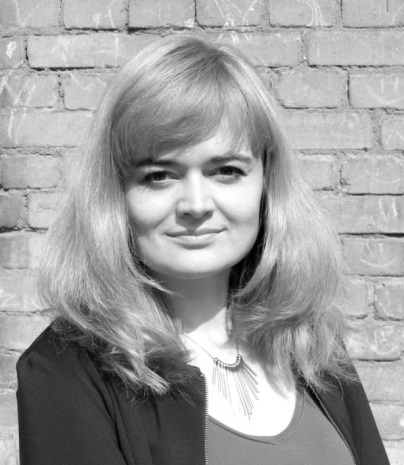
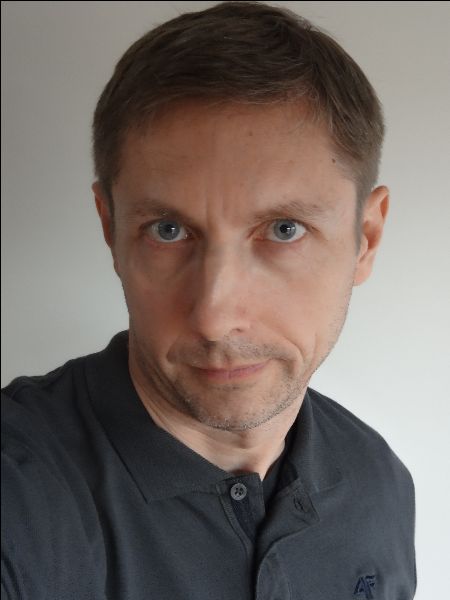 Qualification
Qualification 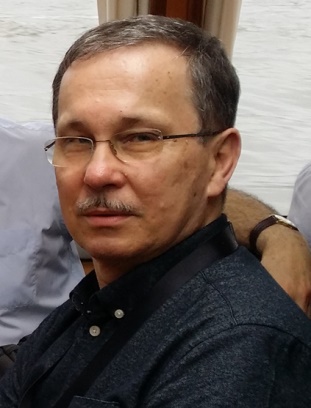 Qualification
Qualification 